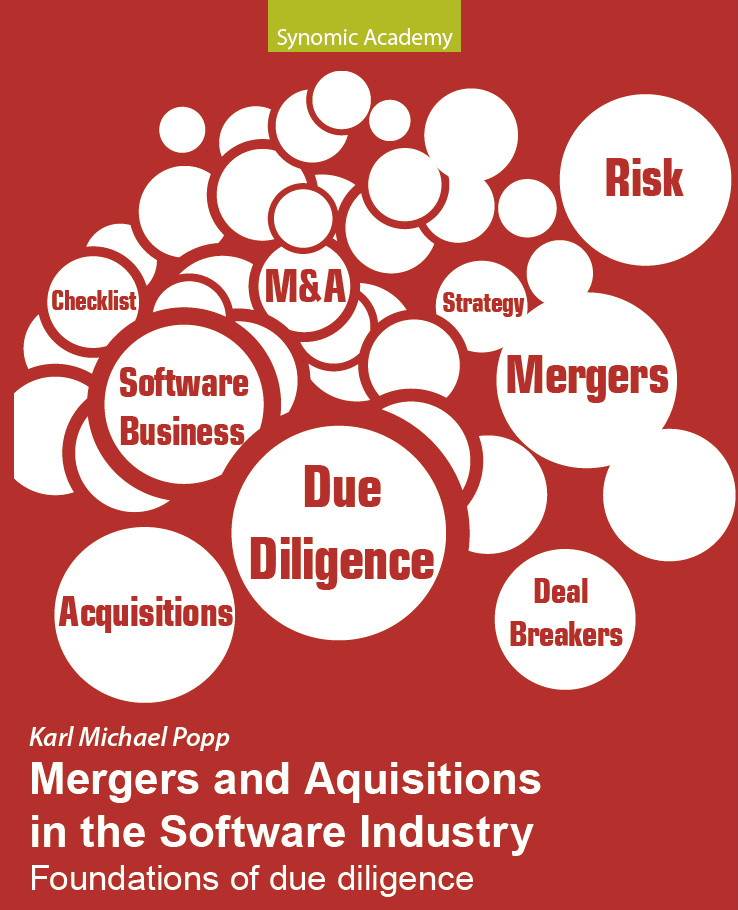How Patent-Based Financing Empowers Startups
This blog is in the Top 25 M&A blogs worldwide according to Feedspot
In the dynamic and competitive milieu of startups, the acquisition of funding stands as the fundamental pillar for actualizing innovative concepts into commercially viable products. One strategic, albeit frequently overlooked, methodology is patent-based financing. This paradigm not only exploits the intrinsic value associated with a startup's intellectual property but also furnishes a solid foundation for enduring growth.
Understanding Patent-Based Financing
Patent-based financing utilizes a startup's patents or pending patent applications as collateral to obtain funding. This approach is particularly appealing for technology-centric startups, where intellectual property assets frequently surpass the value of tangible assets. Investors or financial institutions assess the prospective market value and scalability of the patented technology to ascertain the potential for funding.
Benefits of Patent-Based Financing
1. Enhanced Valuation:
- Patents possess the capability to augment a startup's valuation, thereby rendering it a more appealing prospect for investors.
- Valued patents can facilitate access to elevated rounds of funding, thereby ensuring a trajectory of growth.
2. Risk Mitigation:
- The utilization of patents as collateral can diminish the financial risk for lenders while concurrently reducing interest rates for startups.
- This strategy safeguards the startup’s other non-intellectual property assets from being encumbered.
3. Competitive Edge:
- Patents confer legal protection against competitors emulating the innovation, thereby preserving market share.
- Secured funding enables the acceleration of product development and expedites market entry.
Strategies for Effective Implementation
1. Robust Patent Portfolio:
- Startups ought to prioritize the development of a comprehensive patent portfolio that encompasses core innovations and prospective advancements.
- Regular assessments and audits of patent viability should be conducted by qualified professionals.
2. Due Diligence:
- Thorough market analyses and valuations should be performed to ascertain that patents possess significant market value.
- Collaborate with experienced intellectual property attorneys and valuation specialists.
3. Strategic Partnerships:
- Forge alliances with financial institutions that possess expertise in intellectual property-based lending.
- Investigate government grants and initiatives that support funding backed by intellectual property.
Conclusion
Patent-based financing presents startups with a distinctive opportunity to secure funding while retaining a firm control over their innovative assets and market positioning. As technological advancements continue and intellectual property is recognized as a pivotal asset, startups must exercise discernment in leveraging patents to promote their growth within an increasingly competitive landscape.
Like my thoughts? READ MY NEW BOOK
ORDER AT AMAZON
ORDER IN GERMANY









